Editorial: Marijuana is a social justice issue
Cells for woman prisoners at the Jefferson County Jail in Hillsboro, Mo., are seen in this 2005 file photo by Wayne Crosslin of the Post-Dispatch. (Wayne Crosslin/St. Louis Post-Dispatch/TNS)
Several weeks ago, the New Orleans City Council voted to decriminalize marijuana possession. The law allows police officers to ticket people for possession instead of arresting them, lowers the fines and moves the cases from being tried in the District Criminal Court to the Municipal Court. This is a policy everyone should support —and applaud policy makers for changing — but it doesn’t go far enough. The time for the city of New Orleans to legalize marijuana is long overdue.
Like many laws in our political system, the roots of marijuana prohibition are soaked in bigotry. Henry Anslinger, the first commissioner of the Federal Bureau of Narcotics — the predecessor to the Drug Enforcement Agency — and one of the earliest proponents of the war on drugs generally, has been attributed with many blatantly racist quotes. One of them being, “Reefer makes darkies think they’re as good as white men.” States throughout the south used drug laws as a part of the irrefutably racist Jim Crow system.
One objection could be that while these laws had racist intentions, we should let the results of prohibition stand on their own. When looking at those results, though, the story stays the same. The American Civil Liberties Union conducted a report which showed that while black people and white people consumed marijuana at roughly similar rates, black people were almost four times more likely to be arrested for possession.
Prohibition makes marijuana less safe to consume. The potency of marijuana can be three times as high in places where it’s illegal as in places where it’s legal so distributors and sellers can carry less of it. Potency isn’t a problem in itself, but adding to that the inability to know exactly what it is you’re smoking when you buy marijuana from the black market, smoking becomes much riskier. One can have a moral or personal objection to the drug and still want people who use it to be safe.
In a debate between Louisiana’s gubernatorial candidates last year, John Bel Edwards said that he opposed legalizing marijuana for recreational use. Based on that, it’s probably unlikely that Louisiana will legalize the drug anytime soon — even though it seemed as though Louisiana was headed in that direction when Bobby Jindal signed multiple bills last year which loosened laws on the drug.
If Louisiana continues to drag its feet in legalizing marijuana, there’s no reason why the city of New Orleans can’t nullify, or refuse to participate in, state law and legalize it on its own. There is a precedent for cities legalizing marijuana in states where it’s still illegal. In 2013, Portland, Maine, legalized marijuana via ballot initiative, even though it was — and still is — illegal in that state. Denver legalized marijuana in 2005, seven years before Colorado legalized it.
If we value the Jesuit identity of our university, there’s good reason why we should support New Orleans legalizing marijuana in spite of state law. A tenet of Catholic social teaching is the principle of subsidiarity, which says that every task should be performed by the lowest possible unit of society. In other words, we should try to cause change on a local level because that’s where the change will be felt the most.
Subsidiarity matters to this discussion because, at its core, nullifying state law and legalizing marijuana at the municipal level is an echo of that Catholic principle. Adding to that the irrefutable fact that marijuana prohibition harms minorities the most — a patent offense to social justice — anyone who walks onto Loyola’s campus should acknowledge current marijuana prohibition is a contradiction of our most basic values as an institution.
If New Orleans were to legalize marijuana, it would see a decrease in the number of people imprisoned for a victimless crime. Legalization would allow a transparent marijuana industry to enter the city and empower consumers with the knowledge of what it is they’re consuming. It would also give the city another stream of revenue from taxes; considering that New Orleans is incapable of paying the pensions of the city’s firefighters and maintaining an effective police force, a new stream of revenue might not be a bad idea.
Of course, there is another choice. We could continue entrusting distant bureaucrats in Baton Rouge and Washington, D.C. with the well-being of people they rarely, if ever, interact with, so they can continue to reap the benefits that flow in from prison guard unions, private prison companies and pharmaceutical corporations. We trust our readers to decide on their own which of the two is the more humanizing of our options.
In light of the New Orleans City Council taking a step in the direction of legalization, the time is ripe for all of us to work for a more just world and help force the city’s hand into legalizing marijuana.


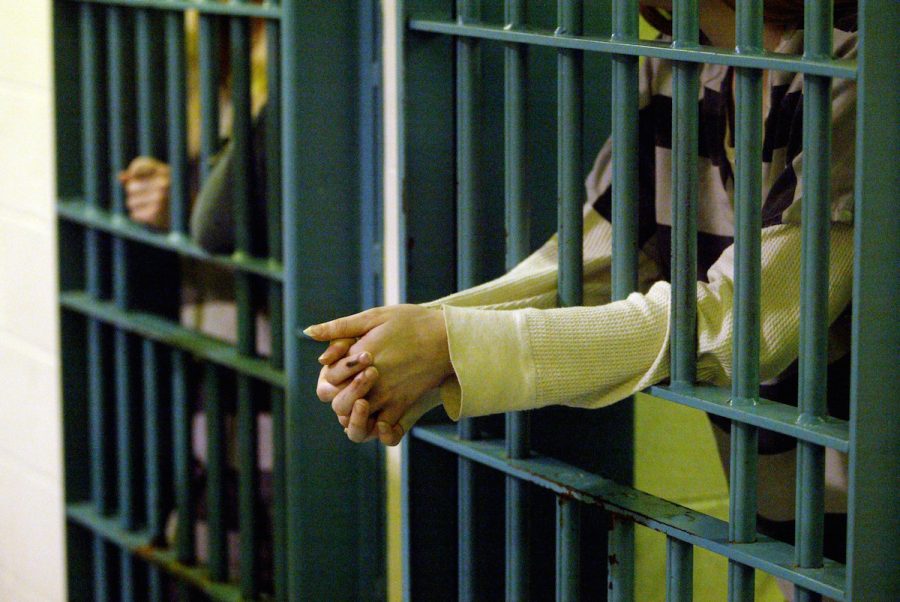
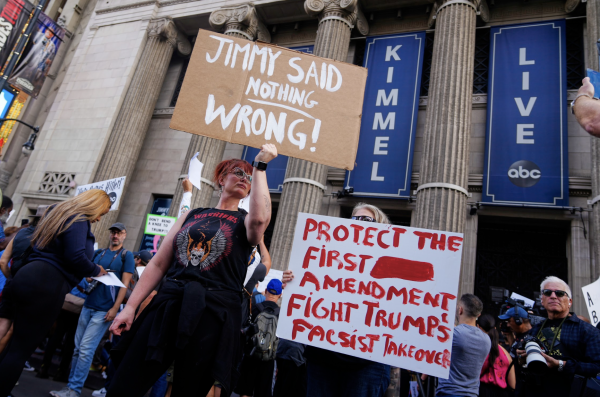


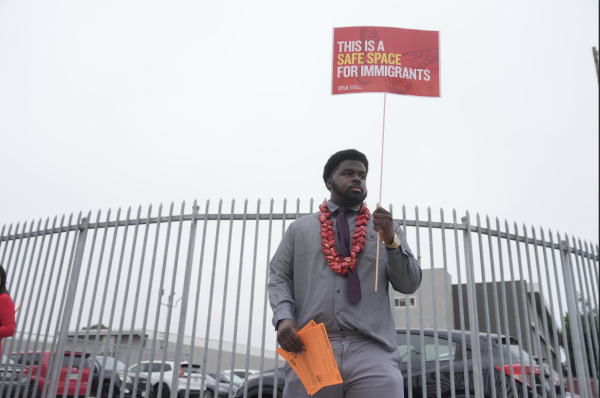
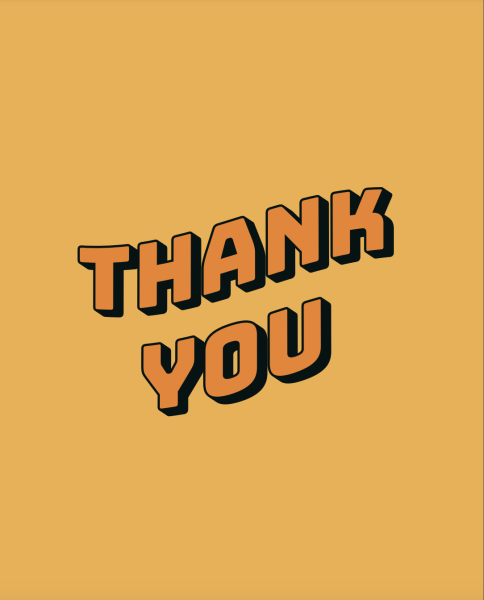

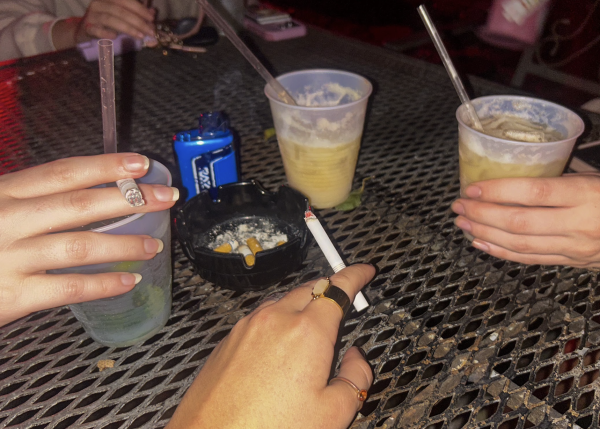
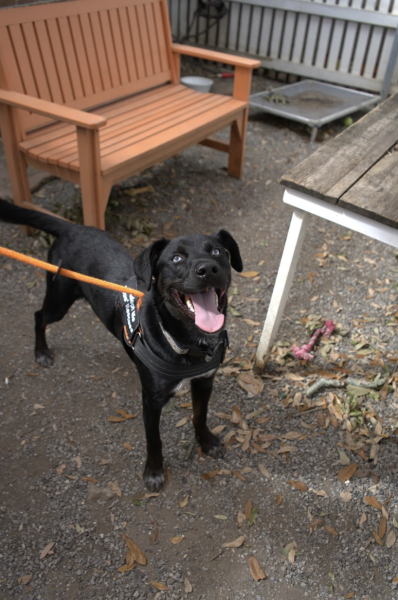
Mary • Dec 4, 2018 at 12:12 pm
I agree with you about much of what you are saying, although his name was Harry Anslinger not “Henry”. As Jesuits social justice is the most important thing to you, right? I think I read that in a science fiction book with Jesuits. Well, I think the drug laws are a social justice issue that doesn’t get any attention or even recognition as a social justice issue, and working hard to make it one would be a great Jesuit thing to do. Making marijuana legal is a baby step, all drugs need to be legalized and prohibition outed for how wrong it really is. There are lots of Catholics though, that are for prohibition policy, despite the fact that it punishes people that do no harm to others. There are also those that claim that the ideal that the law seeks to achieve is just but the results are bad– this I feel is false. How harmful drugs are is lied about and exaggerated about. Having all drugs legal would not put people in more danger because people can make their own decisions and should be free to in a free society. Taking away this liberty from certain drugs was both racist and possibly religious persecution of the Natives. Having laws that punish so harshly ordinary behavior allows for a surplus of prisoners and a common fear of police among the population. Jail is a terrible place and people keep making excuses about why it’s right to send people there for hardly any reason. But if we’re talking about the safety of our communities what these communities need is for police to not have the power to arrest so many people. I don’t agree with apologizing for their reasons in any way, using drugs isn’t bad, that’s my point. And if you were honest you’d admit that’s public opinion.
Thomas • May 3, 2016 at 3:01 pm
One problem that seems apparent with regard to the new municipal laws is that they do not guarantee everyone is treated fairly and equally. While the new law gives police the option of ticketing offenders—a clearly positive step—they still have the option to charge offenders with the state charge, at their own discretion. This places a lot of power in the hands of law enforcement to how they will treat individual cases, and whether the result is a small fine, or potentially a felony offense that can result in a sentence of years in prison.
How will individual police officers choose to enforce the law? That is the big question. I think most of them probably view marijuana possession as an offense hardly worth their time, but there are certainly cops who treat it as a serious infraction. I smoked when I was younger and the laws were tougher, and although I don’t have any personal interest in the issue anymore, I think current smokers should still be worried as to how the law will be applied if they are caught in possession. By deciminalizing it locally, I fear it may inadvertently send the message to people (younger in particular) that it is okay to be careless about their use, and smoke in situations where they may be more likely to be caught, only to end up with a potentially serious charge. Will the law be applied fairly, regardless of race, class or gender? And since the law can be applied at the officer’s discretion, I wonder how they would treat someone who was previously caught and charged under the harsh state laws. Would they extend the leniency of a fine to those individuals and give to them a second chance they never got? Or will they treat those people more harshly and continue to charge them under the state law? There are a lot of unanswered questions related to how and when the municipal law will be applied. I hope it will be applied fairly and liberally, so that hopefully we can finally reduce our massive prison population in Louisiana, much of which consists of non-violent offenders and drug addicts who deserve the same treatment (with compassion and dignity) that any other person suffering from mental illness is expected to receive.
john davis • Apr 29, 2016 at 5:09 pm
I agree with you on almost all your comments but one. Mid grade MJ on the streets in Louisiana is 100$ an oz, or 800$ a pound. Its about 8 to 9 %THC. What the Feds are talking about will not address the issue of the black market. The issue is poverty. Poverty will always say that We the People will always seek out the least expensive product. The only way to impact the black market is to allow We the People to grow and consume our own MJ. Then and only then will we impact the black market. Shush now, the Feds are working hard to keep the black markets alive and well. Med MJ is 5000$ a pound. La Buscador. The black markets can always give a healthy 32% discount, and thrive. The Medical MJ sellers are advertising their prices all over the internet. How are you going to beat the competitors and your giving up your prices.